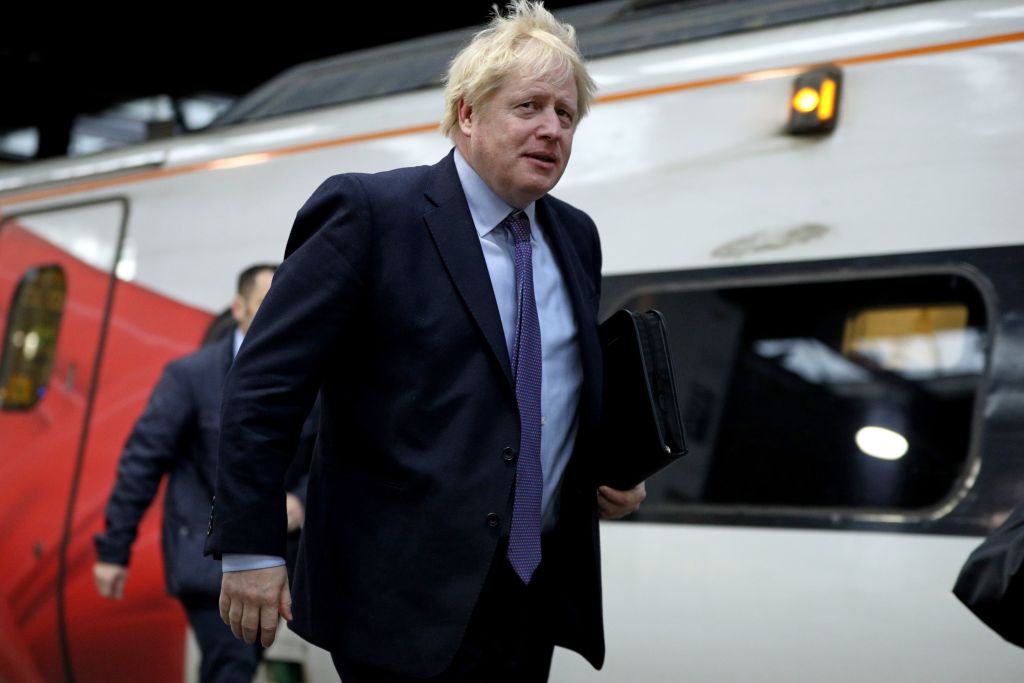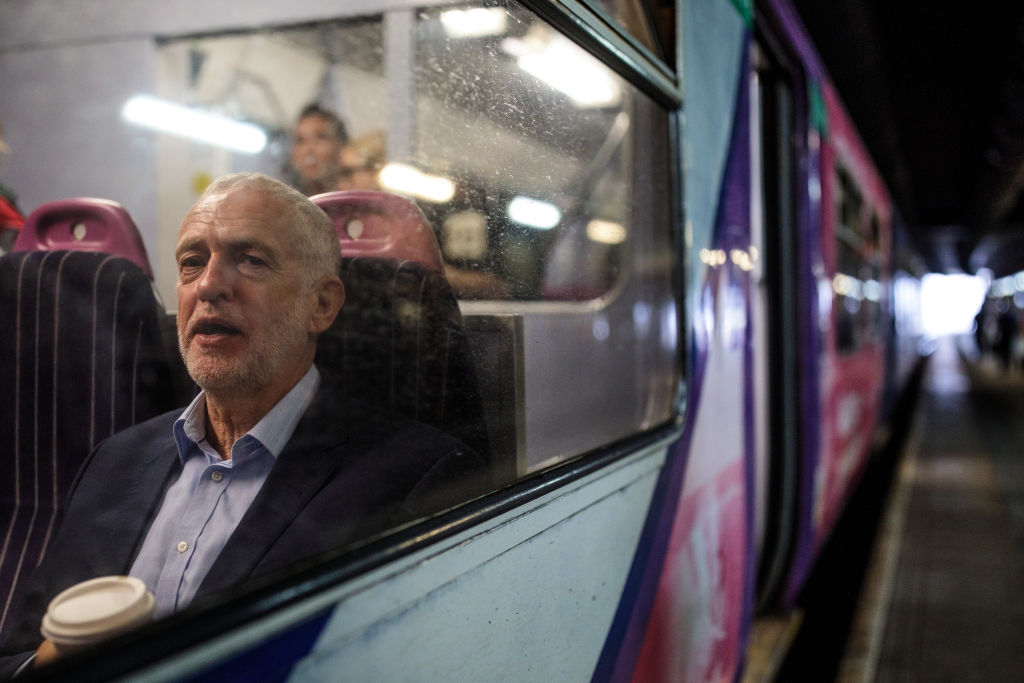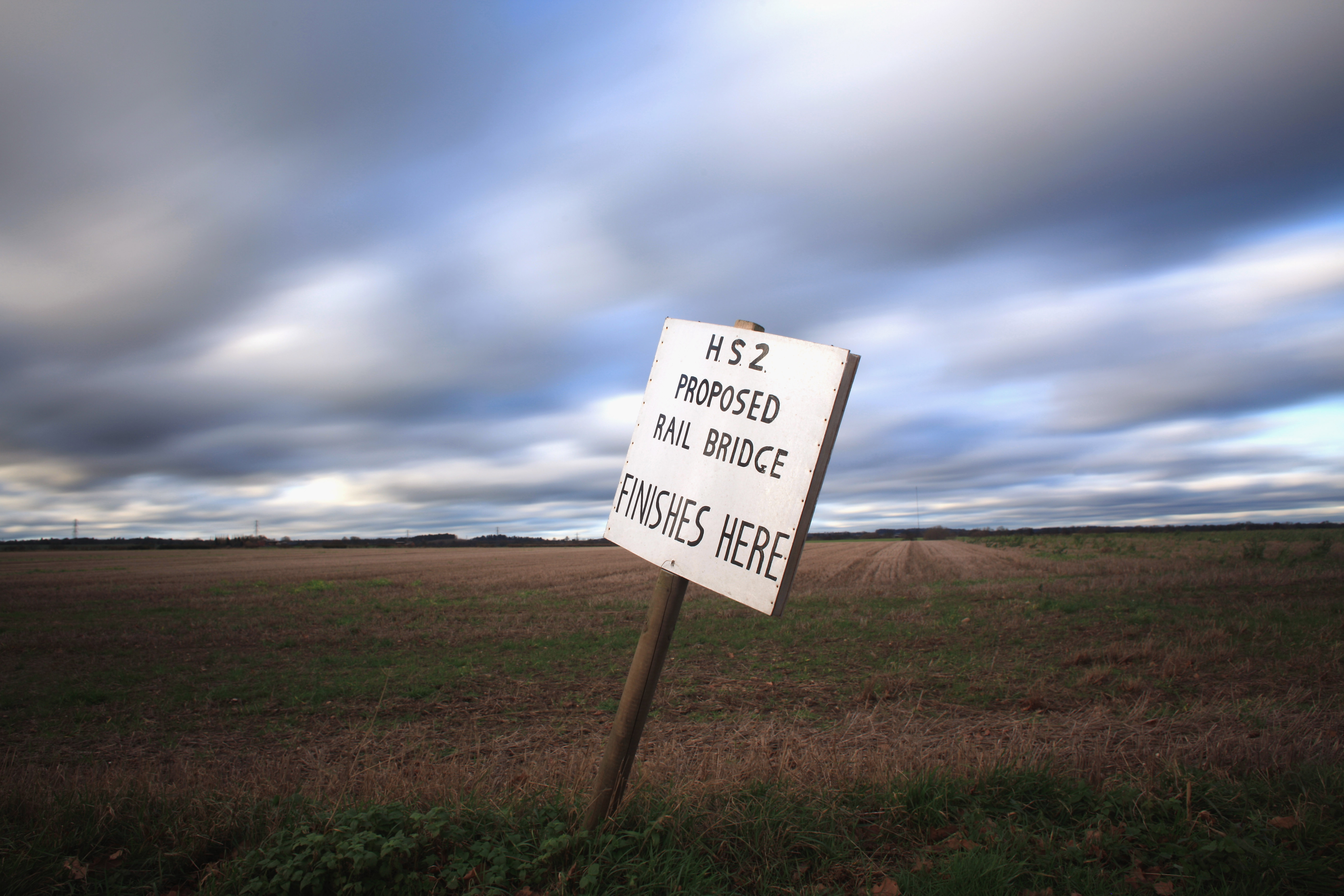General Election 2019: The rail industry’s Christmas wishlist

The rail industry is on the verge of the most precipitous change since John Major took it private 28 years ago – whether it likes it or not.
On the one hand, the Conservatives are likely to tear apart the system which decides who runs each line – known as franchising – having grown impatient with relentless delays, shoddy customer service and spiralling costs over recent decades. That is the focal point of an upcoming review into how Britain’s railways are run, written by former British Airways boss Keith Williams.
Read more: Sadiq Khan’s Christmas wishlist
Meanwhile, Labour hopes to renationalise the whole lot, introduce a London-style ticketing system across the whole country and bring fares down by a third – all the while making rail travel free for under-16s. An enviable wish list – but some are worried about how they will pay for it.
Whatever the outcome of the General Election on 12 December, industry groups have their own ideas of what needs to change. City A.M. finds out what they are.

The ‘Fat Controller’
Most industry groups’ main focus looks forward to the Williams Review, which was set for publication this year but now seems more likely to come in the spring.
One idea which seems likely to emerge from that is to establish a centralised body to run the railways – which Williams himself christened the Fat Controller over the summer. The Department for Transport’s role in appointing train operating companies – which has grown increasingly haphazard in recent years – would go to a dedicated body, as would the running of the tracks themselves, currently done by Network Rail.
The Rail Delivery Group, which represents the companies who run the railways, thinks it is a good idea. Chief executive Paul Plummer says: “The rail industry wants to work with the next government to deliver those improvements, including creating a new body to oversee the whole industry. This would give people “a bigger say over their local services,” he adds, and make it possible to reform Britain’s “decades-old fares system”.

Fares reform
Indeed, less than a third of people who take the train to work actually think it is good value for money – but every year they are made to pay more. And sure enough, commuters were told last month that their fares would go up 2.7 per cent in 2020. That’s above inflation measured at the consumer price index (which was 1.5 per cent in November), and means fares have risen at double the rate of wages over the last decade.
Anthony Smith, chief executive of watchdog Transport Focus, agrees that Williams should look to bring in a new system that is “simple to use, easy to understand and is flexible enough to cater to how people work and travel today”.
Darren Shirley, boss of the Campaign for Better Transport, adds: “The industry should do everything it can to encourage more independent ticket retailers and allow them to sell train tickets so they can help passengers find the cheapest fare and save money.”
Read more: Boris Johnson raises red flag over Heathrow and HS2

Upgrade, upgrade, upgrade
For the Rail Industry Association, which represents contractors working in the sector, one thing is clear: rail infrastructure needs a facelift. That includes committing to schemes like HS2 and making trains more environmentally friendly.
Darren Caplan, chief executive of the body, says: “Our call to the next government, whatever its political hue, is clear: we need a strategy not just for the next electoral cycle but for the next 30 years, which ends ‘boom and bust’ in rail funding, balances the train fleet with both new and upgraded trains, and which digitalises, decarbonises and delivers the range of major projects we need to increase capacity.”